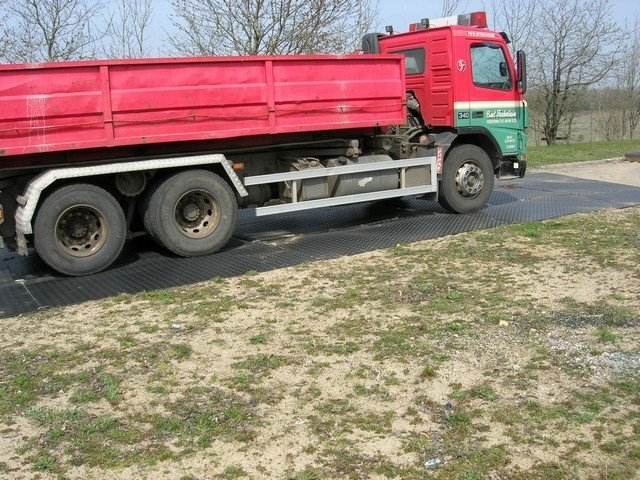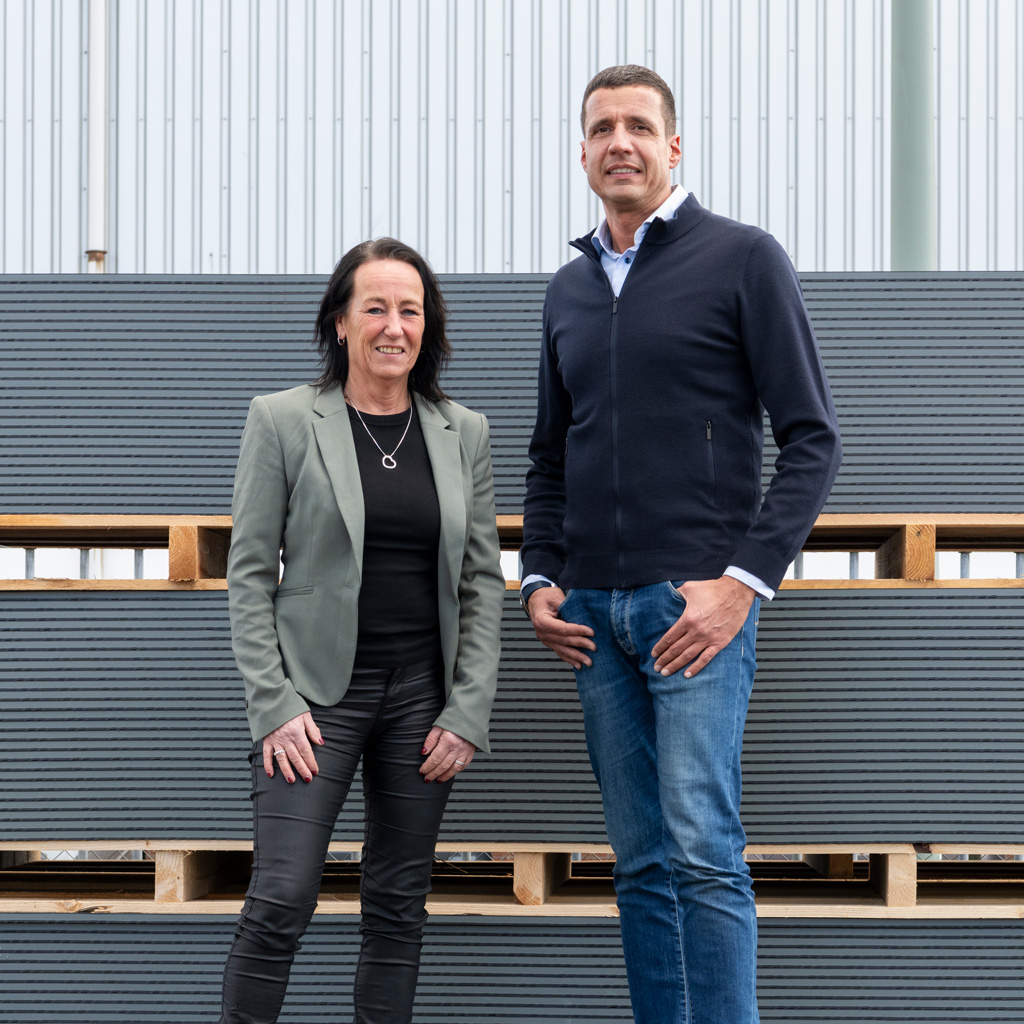Many people automatically associate road plates with mud, rain, and soft surfaces. That makes sense, of course, because wet weather and construction sites don’t go well together. But even in spring and summer, road plates are far from redundant.
In fact, in dry conditions, road plates play an important role in protecting the ground and ensuring that work runs smoothly.
Even dry construction sites can pose major challenges without road plates.
Hard, dried-out ground may seem solid at first glance, but under the heavy load of machinery or vehicles, it can quickly become damaged.
Sandy and gravel surfaces loosen over time, making the ground unstable and hard to navigate.
And on dry grass or natural terrain, deep tracks not only cause visible damage but also create excessive dust, which can be both a nuisance and a safety risk for people and equipment.
That’s why our clients also choose plastic or steel road plates in summer:
Protection of sensitive surfaces → no damage, no repair costs
Better stability → Less risk of sinking equipment
Less dust → more comfortable and safer for staff
Clear, organized routes for vehicles and machinery
A solid surface is not seasonal.


DO YOU WANT TO KNOW WHAT THE SMART CHOICE IS IN YOUR SITUATION?
We are happy to think along with you

